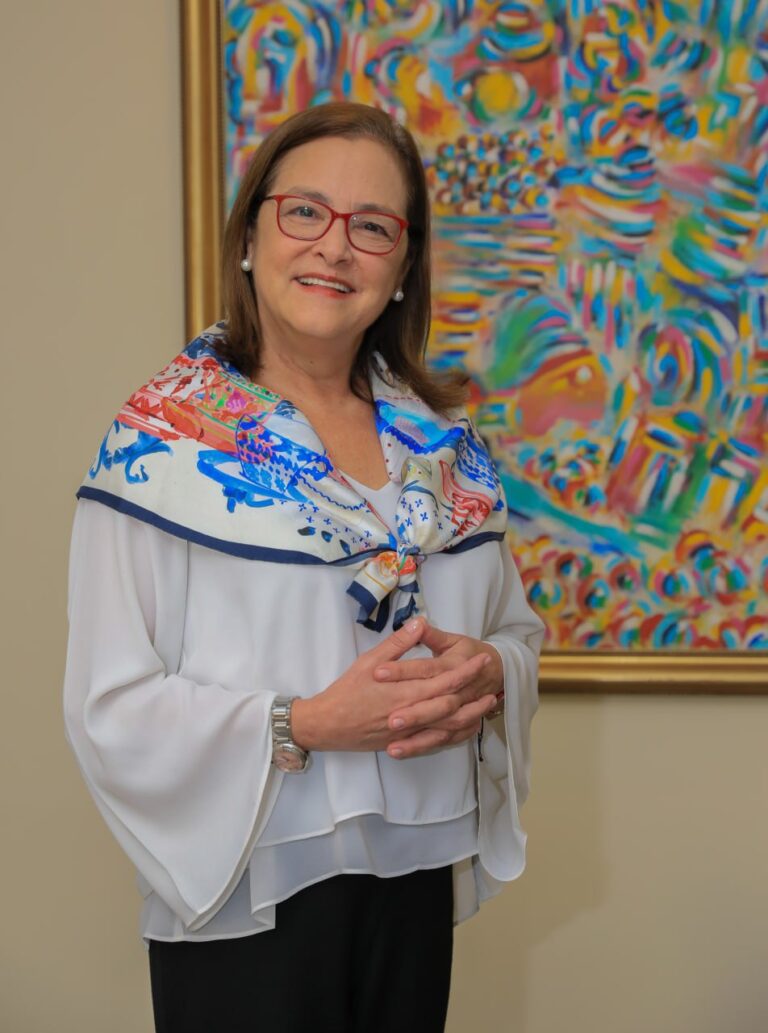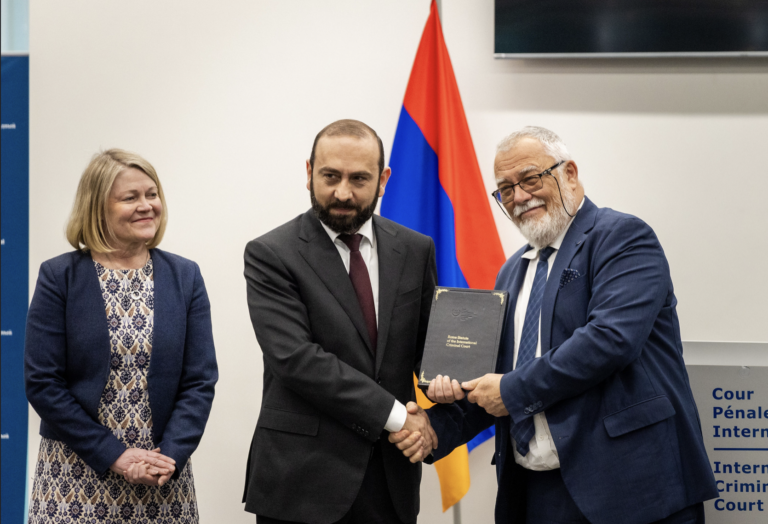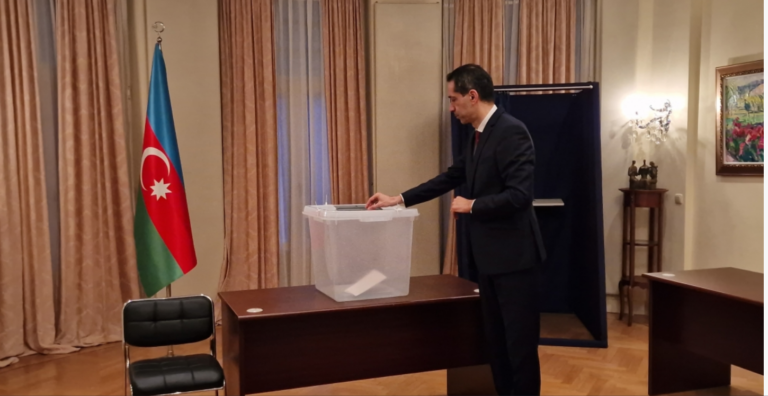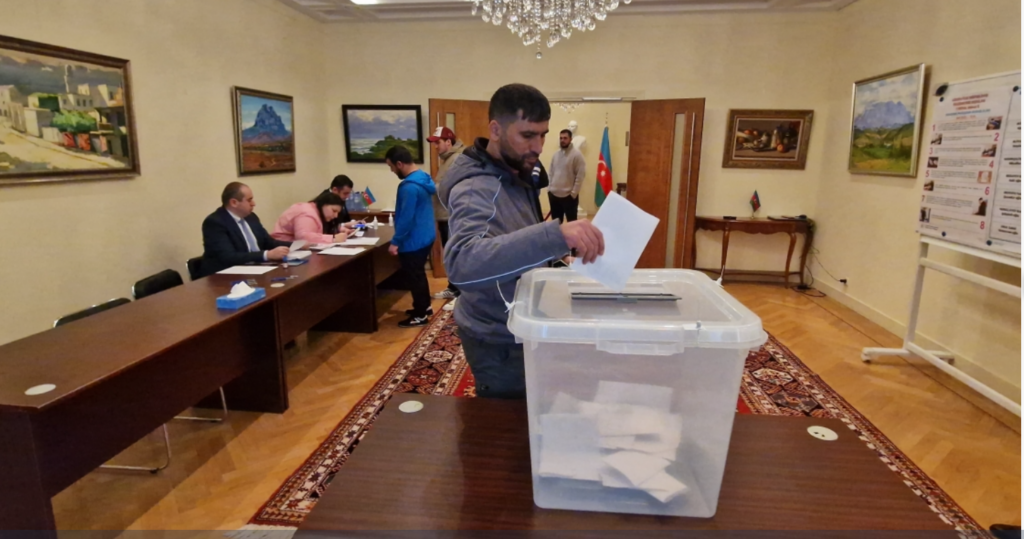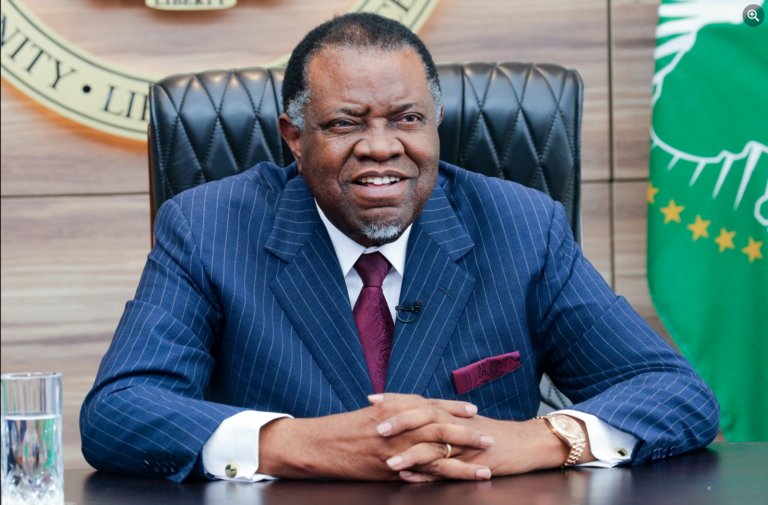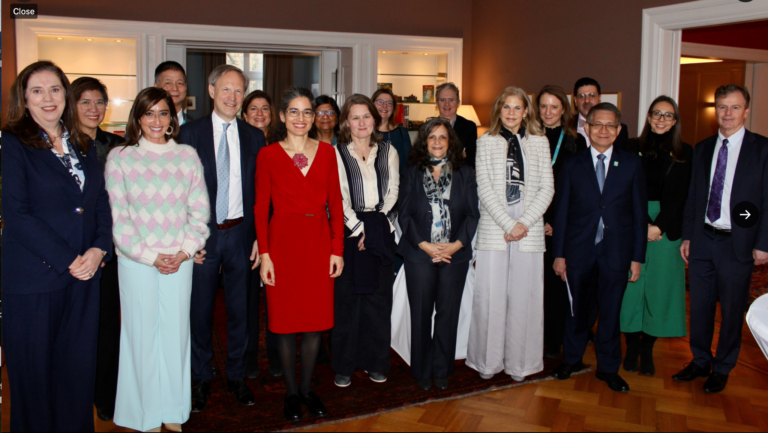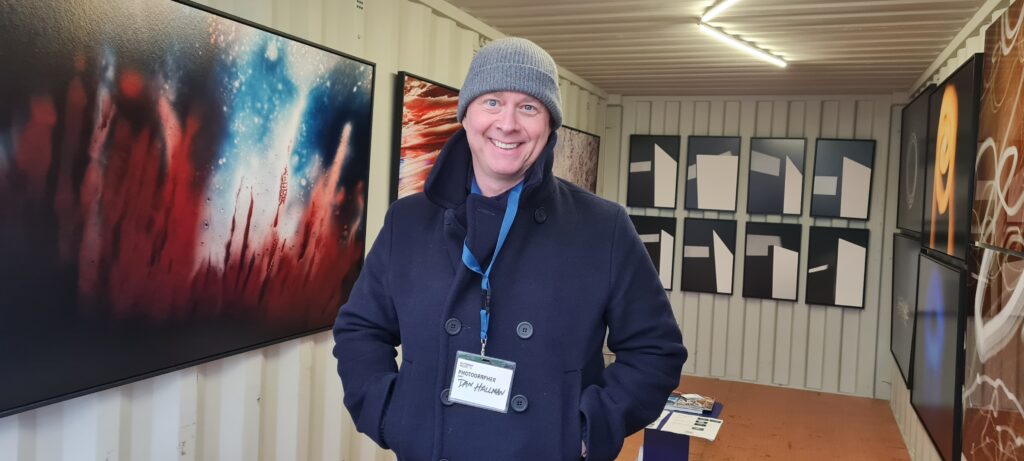By H.E. Ms. Alexandra Hill Tinoco, Minister of Foreign Affairs of El Salvador
El Salvador recently reaffirmed, by the historical reelection of President Nayib Bukele in February 2024, the transformative journey of a whole Nation that prioritizes the fundamental pillars of true democracy, freedom, rule of law, and sustainable prosperity for all.
While acknowledging diverse perspectives on this path, the population of El Salvador firmly believes that the progress achieved under President Bukele’s leadership has laid a strong foundation for a brighter future. Such a powerful view of our future has gone beyond our borders. Leaders all over the world have recognized the great momentum El Salvador is living and the promising future ahead.
Whereas addressing the root causes of various structural patterns that kept an entire population trapped in cycles of violence, poverty, and inequality, El Salvador is steadfast in its commitment to strengthening democratic institutions and processes. The recent presidential election, that was open to all Salvadoran citizens, both within and beyond our borders, marked a significant step towards the most inclusive and transparent vote in our history.
The freedom’s promise made at the beginning of this Administration, it has come along with the flagship of dignity and self-determination. As never before, El Salvador, from every corner of its borders has witnessed a striking decline in homicides and gang-related crimes, offering all Salvadoran citizens and foreign visitors, the peace and security long denied. This newfound freedom fuels with hope individual aspirations and empowers them to actively participate in shaping their destinies.
In facing the immense day to day challenges, upholding the Rule of Law has become an imperative in guiding all the State actions. Investments in strengthening law enforcement, with improved salaries, training, and infrastructure, ensure justice and accountability prevail are nowadays part of our recipe for the new El Salvador.
We envision a future where building prosperity transcends immediate gains and creates a lasting legacy for generations to come. Through strategic projects and investments in education, infrastructure, and innovation, we are paving the way for a thriving economy that benefits all equally.
As firmly stated by President Bukele and actively promoted through our network of Embassies, Permanent Missions and Consulates worldwide, El Salvador recognizes the long history of international cooperation and value genuine partnerships, built on mutual understanding and respect for sovereignty. We welcome constructive dialogue with all stakeholders who share the common principles and values based on a true commitment to democracy, freedom, and the rule of law.
The second term of President Bukele will lay the foundations for the social and economic development of the country and will conclude the war against gangs and corruption, scourges that for decades prevented the nation from taking off and the well-being of its inhabitants.
The Government of El Salvador will continue working for job creation, economic growth and the development of new areas that have opened up in El Salvador, such as tourism, renewable energy, new technologies, the digital economy and the modernization of the entire public administration.
The Ministry of Foreign Affairs launched in 2023 the initiative “Transformando Vidas” which seeks to exemplify our commitment to addressing root causes of migration and empowering individuals. By offering safe and organized labor opportunities, we cultivate economic stability and invest in our citizens’ present and future. El Salvador bets for creating partnerships towards a mutual and integral prosperity.
El Salvador’s journey towards a sustainable and prosperous future is an open invitation to the world. We invite like-minded partners, friends, and allies to join us in building a society where democracy, freedom, and the rule of law flourish, ensuring a brighter future for generations to come.

